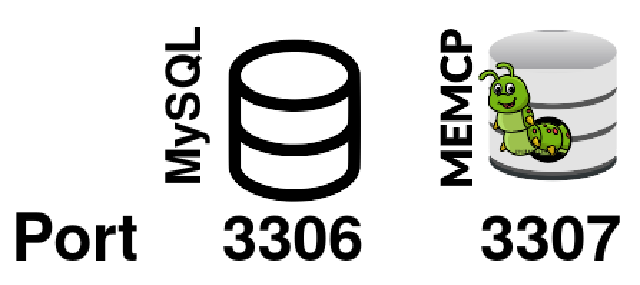Migration from MySQL and PostgreSQL: Difference between revisions
Jump to navigation
Jump to search
| Line 8: | Line 8: | ||
=== Connection to MemCP from PostgreSQL === | === Connection to MemCP from PostgreSQL === | ||
For postgresql, just switch over to a mysql connector (odbc and PDO both support multiple databases) and send<code>SET syntax = 'postgresql'</code> | For postgresql, just switch over to a mysql connector (odbc and PDO both support multiple databases) and send<code>SET syntax = 'postgresql'</code> | ||
Or, switch over to the [[SQL over REST|REST connector]]. | Or, switch over to the [[SQL over REST|REST connector]]. | ||
Revision as of 19:19, 20 November 2024
Connection to MemCP via MySQL Connector
MemCP can be connected with any compatible MySQL connector:
$db = new \PDO"mysql:host=localhost;port=3307;dbname=system", 'root', 'admin');
echo $db->query("SELECT 'it works'")->fetchColumn();
// outouts: it works
Connection to MemCP from PostgreSQL
For postgresql, just switch over to a mysql connector (odbc and PDO both support multiple databases) and sendSET syntax = 'postgresql'
Or, switch over to the REST connector.
Import data from MySQL and PostgreSQL
To import data from MySQL into MemCP, you have to perform the following command inmemcpconsole:
(load_sql "database" (stream "dump.sql")) /* for PostgreSQL mode, use load_psql instead */
When the sqldump is zipped, use:
(load_sql "database" (gzip (stream "dump.sql"))) /* for PostgreSQL mode, use load_psql instead */
or:
(load_sql "database" (xz (stream "dump.sql"))) /* for PostgreSQL mode, use load_psql instead */
The dumps can be created with mysqldumpor pg_dump.
